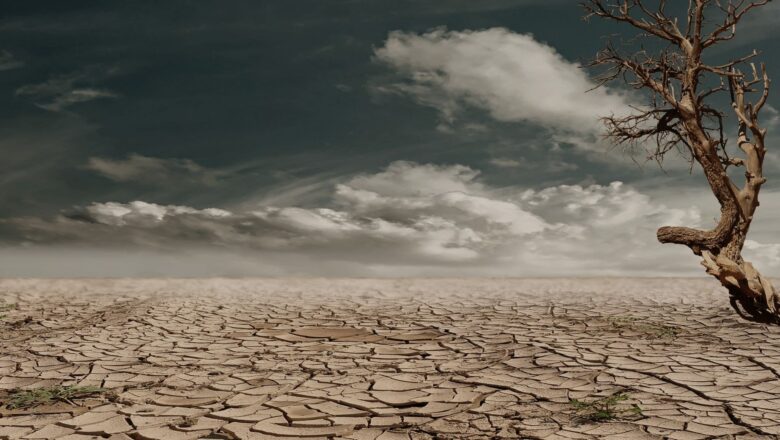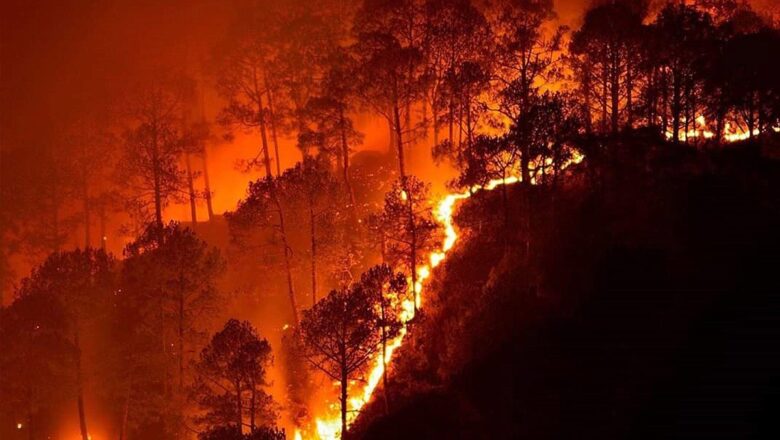
Andhra Pradesh Welcomes Early Monsoon After Six-Year Wait
In a rare and promising turn for agriculture, the southwest monsoon has swept into Andhra Pradesh nine days ahead of schedule, marking the earliest onset in the past six years. The seasonal rains, typically expected around June 4, reached Kavali this week and are set to cover the entire state within the next three days, offering a much-needed boost for the upcoming kharif cropping season.
Meteorological officials confirmed that weather conditions remain favorable for the swift progression of the monsoon across both coastal Andhra and the Rayalaseema region, where the monsoon traditionally makes its initial landfall in the state.
The early arrival of the rains is an auspicious sign for our farmers and the rural economy. It raises hopes for a strong agricultural yield and stable ground...








